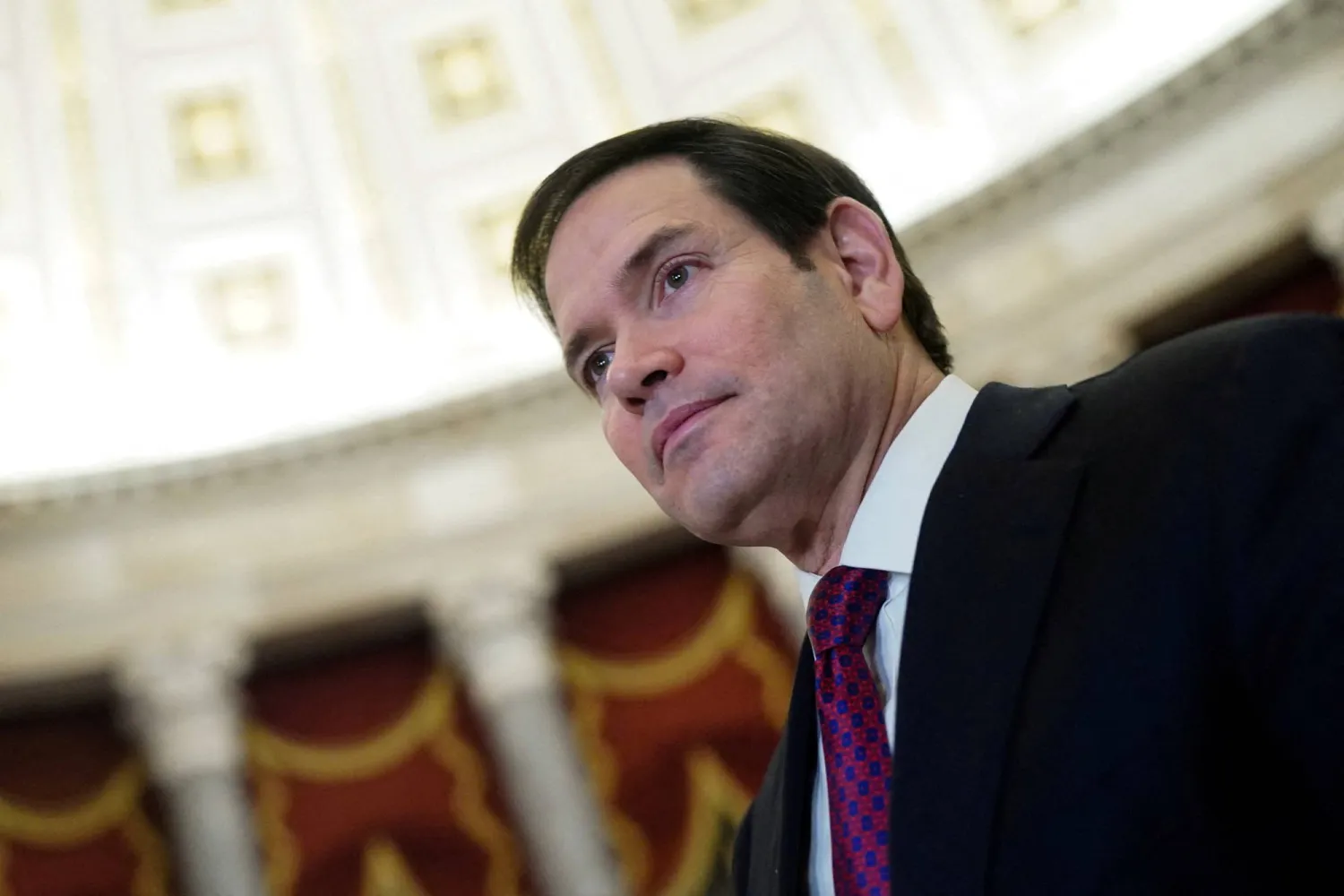The head of the United Nations' atomic watchdog will travel Monday to Iran, where his agency faces increasing difficulty in monitoring Tehran's rapidly advancing nuclear program as tensions remain high in the wider Middle East over the Israel-Hamas war.
Rafael Mariano Grossi already has warned Tehran has enough uranium enriched to near-weapons-grade levels to make "several" nuclear bombs if it chose to do so. He has acknowledged the agency can't guarantee that none of Iran's centrifuges may have been peeled away for clandestine enrichment.
Those challenges now find themselves entangled in attacks between Israel and Iran, with the city of Isfahan apparently coming under Israeli fire in recent weeks despite it being surrounded by sensitive nuclear sites. Grossi is likely to attend an Iranian nuclear conference there while on his two-day trip to Iran.
"Problems will not disappear," Grossi told an International Atomic Energy Agency Board of Governors' meeting in March. "They will only get worse. So, we need to address this in a serious way."
Iranian media said Grossi would meet with Iranian Foreign Minister Hossein Amir-Abdollahian on Monday afternoon after this arrival to Tehran. Grossi will travel to Isfahan on Tuesday before heading back to Vienna, where he plans to give an update to journalists there.
Tensions have grown between Iran and the IAEA since then-President Donald Trump in 2018 unilaterally withdraw America from Tehran’s nuclear deal with world powers. Since then, Iran has abandoned all limits the deal put on its program and enriches uranium to 60% purity — near weapons-grade levels of 90%.
IAEA surveillance cameras have been disrupted, while Iran has barred some of the agency’s most experienced inspectors.
Meanwhile, Iranian officials have increasingly threatened they could pursue atomic weapons.
"For us, making the atomic bomb is easier than not building an atomic bomb," said Mahmoud Reza Aghamiri, the chancellor of Tehran Shahid Beheshti University and a specialist in nuclear physics.
Iranian media quoted Aghamiri acknowledging Iran's Supreme Leader Ali Khamenei had previously said making an atomic bomb is forbidden.
"But if his fatwa and viewpoint is changed, we have ability to build atomic bomb, too," Aghamiri added.
Aghamiri's comments follow a drumroll of others by Iranian lawmakers, those in its paramilitary Revolutionary Guard and a former head of the Atomic Energy Organization of Iran suggesting Tehran could build the bomb.
Iranian diplomats for years have pointed to Khamenei’s preachings as a binding fatwa, or religious edict, that Iran wouldn’t build an atomic bomb.
"We do not need nuclear bombs. We have no intention of using a nuclear bomb," Khamenei said in a November 2006 speech, according to a transcript from his office. "We do not claim to dominate the world, like the Americans, we do not want to dominate the world by force and need a nuclear bomb. Our nuclear bomb and explosive power is our faith."
But such edicts aren’t written in stone. Khamenei’s predecessor, Khomeini, issued fatwas that revised his own earlier pronouncements after he took power following the 1979 revolution. And anyone who would follow the 85-year-old Khamenei as the country’s supreme leader could make his own fatwas revising those previously issued.
Meanwhile, tensions between Iran and Israel have hit a new high. Tehran launched an unprecedented drone-and-missile attack on Israel after years of a shadow war between the two countries reached a climax with Israel's apparent attack on an Iranian consular building in Syria killed two Iranian generals and others.
Israel's own nuclear weapons program, widely known by experts though never acknowledged by the country, didn't deter Iran's assault. And now experts increasingly suggest Iran could pursue the bomb itself after a major attack on it.
"With a tiny open attack on Iranian soil by the US and Israel, I believe Iran will conduct its first atomic test," analyst Saeed Leilaz said in April.









